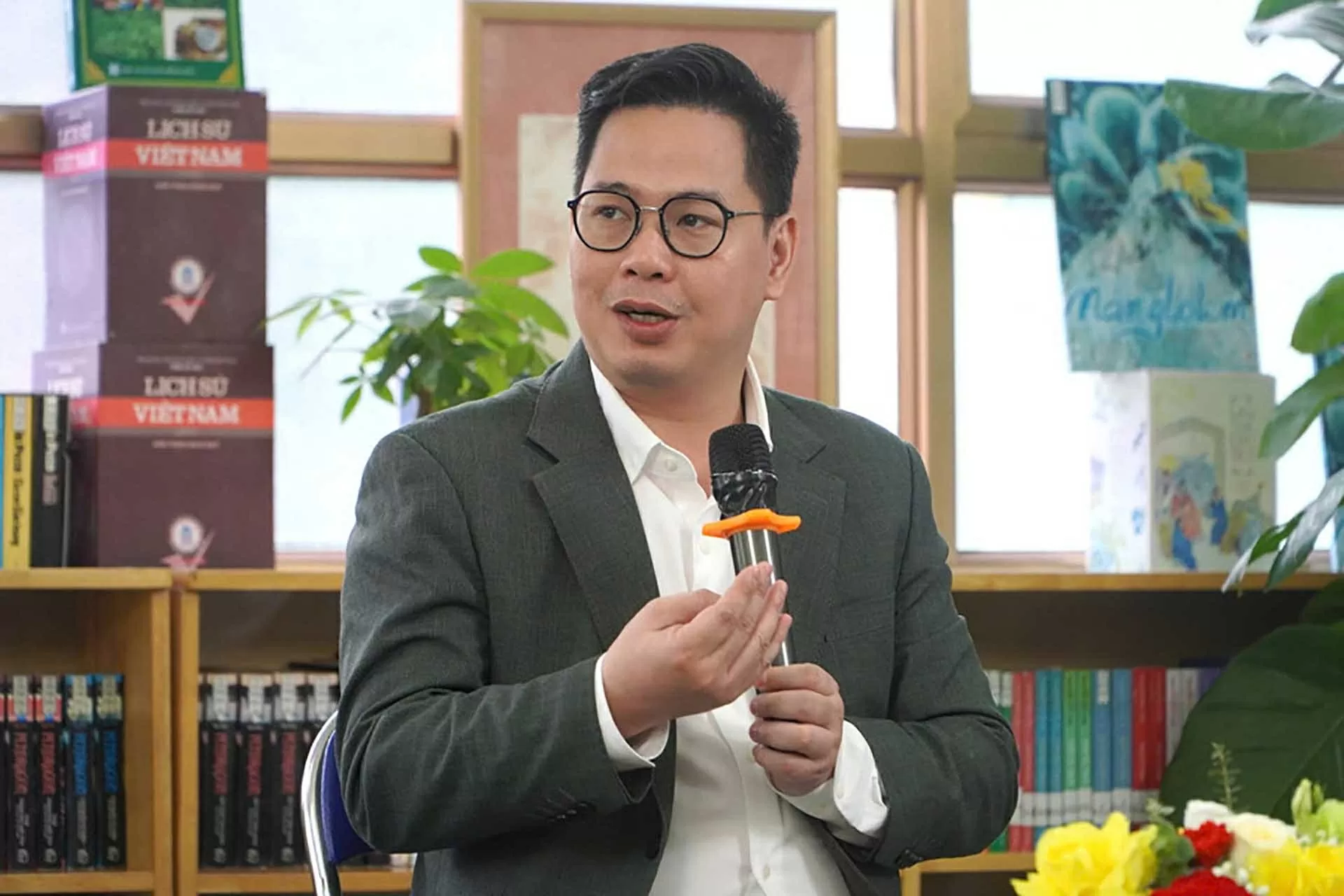 |
| Assoc. Prof. Dr. Tran Thanh Nam, Vice Rector of University of Education (VNU). |
How do you evaluate the humanistic significance and social impact of moving towards free textbooks for students in the spirit of Resolution No. 71-NQ/TW (Resolution 71)?
The exemption of tuition fees for public high school students nationwide from the 2025-2026 school year is a big step forward, demonstrating the State's commitment to ensuring the right to education for everyone. Now, Resolution 71 continues to set the target of free textbooks by 2030, further affirming that general education will be completely free for learners.
When textbooks are distributed for free, we send a message that society values the basic right to education of students. This is in line with the progressive trend in the world , many developed countries have provided free textbooks or lent them to public schools to ensure equality of learning opportunities.
To achieve this goal, in your opinion, what are the biggest challenges in terms of resources, management mechanisms and textbook publishing and distribution infrastructure that we need to solve?
I think it is necessary to carefully prepare the budget and organize implementation. In particular, compiling a unified set of textbooks nationwide as required by Resolution 71 is very necessary, to ensure both quality and ease of printing and distribution. The State can mobilize resources from the budget combined with socialized capital, education promotion funds, etc. to sponsor books for students.
With the spirit of only discussing, not retreating, to achieve urgent, quality goals and gain social consensus, we need a breakthrough approach, a new approach to textbooks (smart, integrated with technology, open, supporting adaptive teaching and assessment, contributing to training and fostering personalized talents) to replace the traditional concept of closed, printed textbooks.
What policies and solutions are needed to coordinate between the State, businesses and society to realize the goal of free textbooks while still maintaining the quality, update and diversity of learning materials?
To implement, it is first necessary to establish a national joint working group, including a team of education experts from key pedagogical schools and experts from technology corporations.
Experts will unify the pedagogical ideology throughout, build and detail each subject; separate the knowledge units of the educational program by level, by grade, by term, even by lesson. It is worth mentioning that only the output standards and requirements of the 2018 General Education Program are taken as the "minimum standards". The maximum standards must measure the capacity of the smartest students, serving the purpose of nurturing and training talents.
Moreover, the team of technology experts needs to create a technology platform to apply AI according to the matrix of cognitive development and learners' capacity for all subjects; take three current textbooks as data to analyze and propose structure and content according to the new capacity matrix.
This technology platform will also facilitate tens of thousands of excellent teachers nationwide to propose lecture content and assessment content for each knowledge unit to become analytical data to build the book series.
After completing this technology platform, the Education sector can launch a nationwide movement so that pedagogical experts and teachers can participate in creating content on the system. Then, AI will support filtering, checking for duplication, balancing regions, synthesizing critical opinions and suggesting edits. Experts from the National Council will review, finalize and publish the test version.
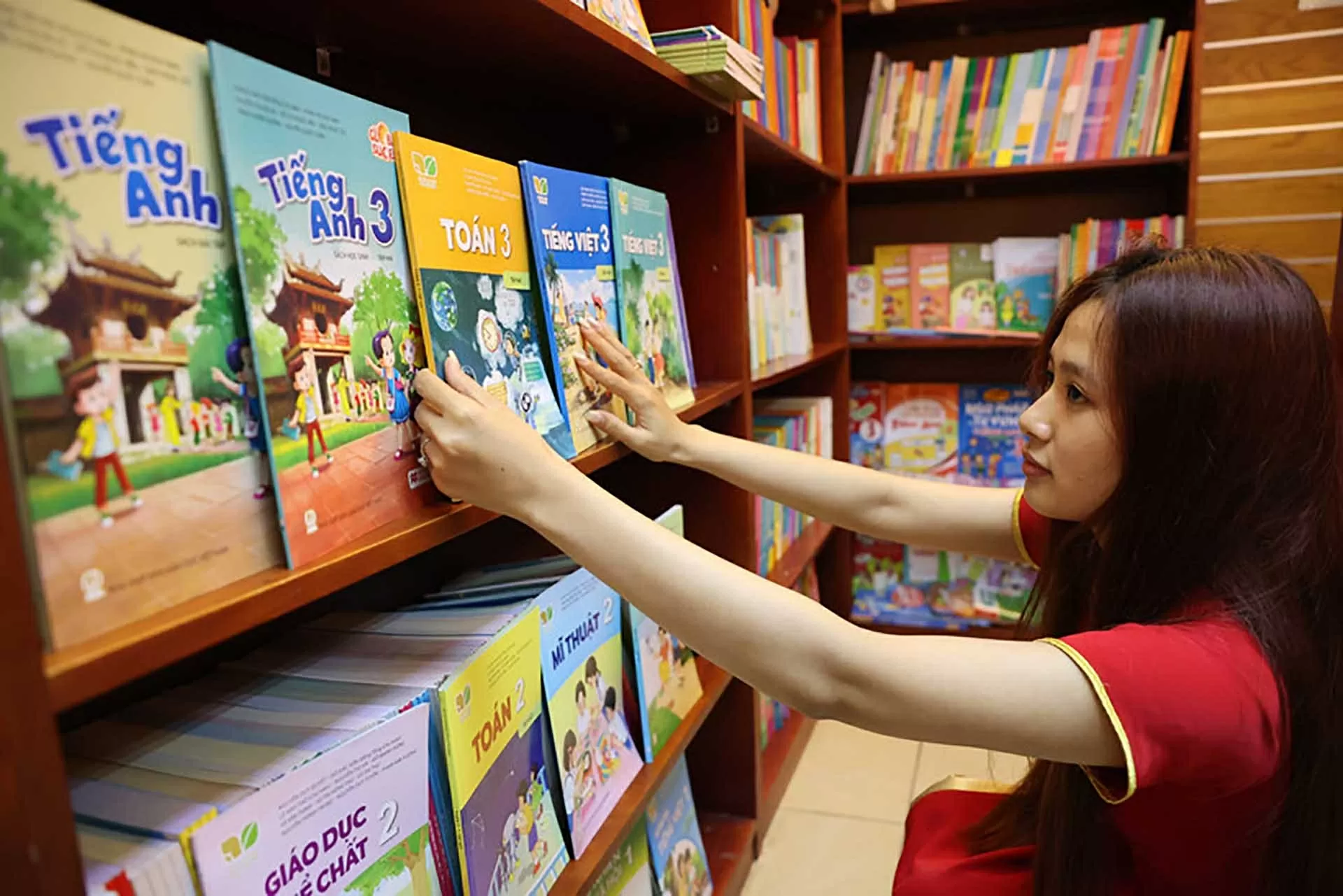 |
| Strive to provide free textbooks to all students by 2030. Illustrative photo. (Source: VNA) |
In this way, the assessment will be supported by the AI system. Teachers will know exactly which units of knowledge in the subject competency tree the learner has not fully grasped or only partially grasped. All supplementary textbooks and workbooks will be generated on a personalized basis according to the learner's ability, based on the missing knowledge units. Thereby, eliminating the market for commercialized textbooks and workbooks that cause a lot of financial burden for families.
With the above approach, it is expected that Vietnam will have its first “living” textbook set, completed before the new school year 2026 - 2027. A set of books in which all Editors/Editors-in-Chief of current textbook sets can be co-authors, and all teachers nationwide have the opportunity to become co-authors.
A book series built on a transparent social criticism platform, where AI will amplify the thinking of experts to continuously receive feedback, update content and suggest edits. Learners have access to knowledge on a dynamic, constantly updated and most importantly, affordable knowledge platform.
From the perspective of an education expert, what positive changes do you expect this policy will create for learning, student psychology, as well as equity in access to education in Vietnam?
It can be said that this is a humane decision, demonstrating the vision and determination of the Party and State in building a universal, comprehensive and equitable education system. To implement this policy, careful preparation of resources and management mechanisms is needed. The production, printing and distribution of free books requires detailed planning and close coordination between relevant ministries and branches.
This decision not only removes financial barriers, but also makes a strong statement about equitable education, where every student has the right to access knowledge.
Source: https://baoquocte.vn/buoc-tien-lon-trong-bao-dam-quyen-hoc-tap-328045.html


![[Photo] Closing of the 1st Congress of Party Delegates of Central Party Agencies](https://vphoto.vietnam.vn/thumb/1200x675/vietnam/resource/IMAGE/2025/9/24/b419f67738854f85bad6dbefa40f3040)







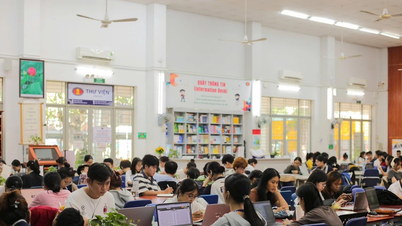




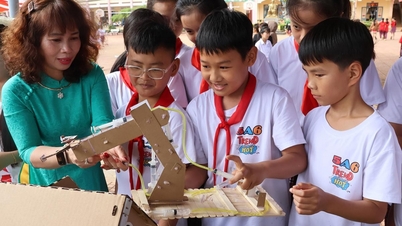

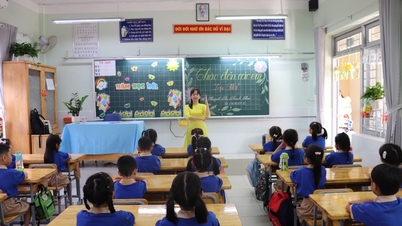





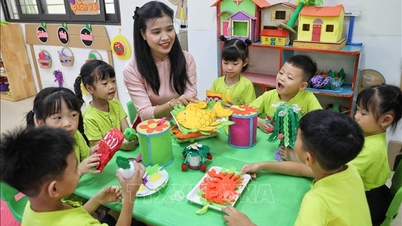



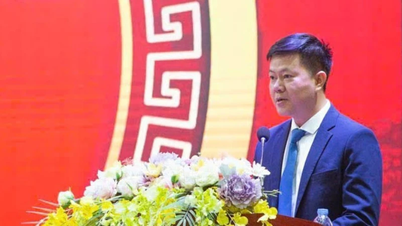






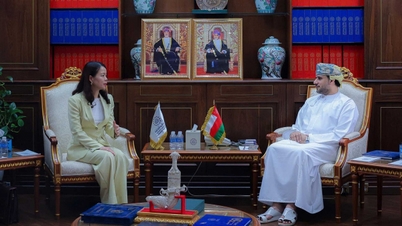


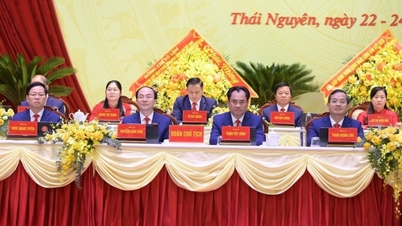
![[Photo] Editor-in-Chief of Nhan Dan Newspaper Le Quoc Minh received the working delegation of Pasaxon Newspaper](https://vphoto.vietnam.vn/thumb/1200x675/vietnam/resource/IMAGE/2025/9/23/da79369d8d2849318c3fe8e792f4ce16)





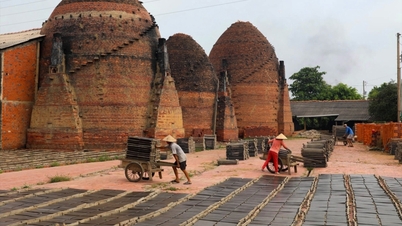





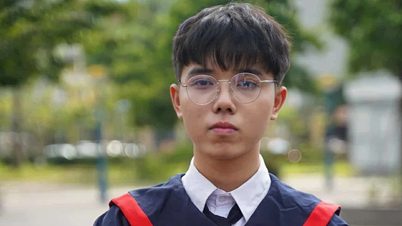
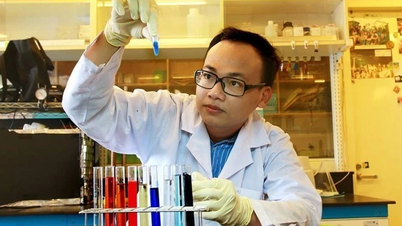









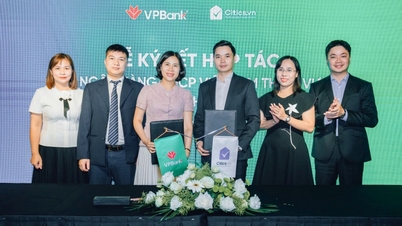








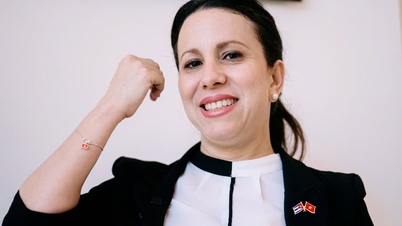


![[Photo] Solemn opening of the 1st Congress of Party Delegates of Central Party Agencies](https://vphoto.vietnam.vn/thumb/402x226/vietnam/resource/IMAGE/2025/9/24/82a89e250d4d43cbb6fcb312f21c5dd4)


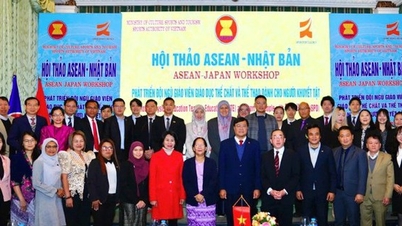

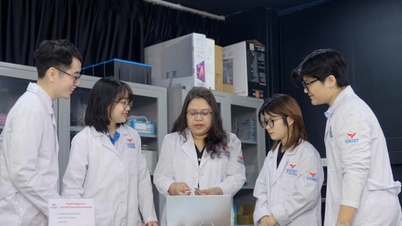


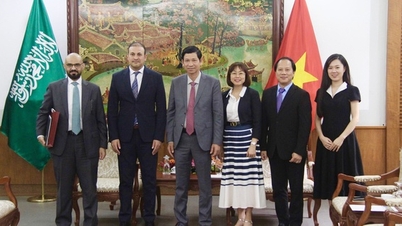








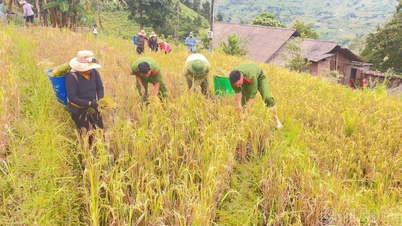


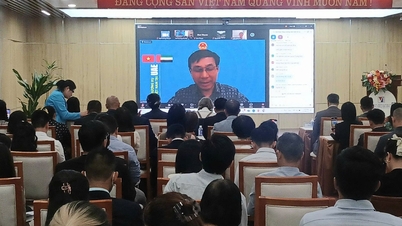


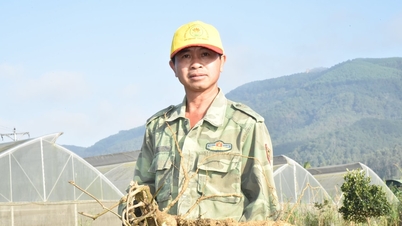







Comment (0)